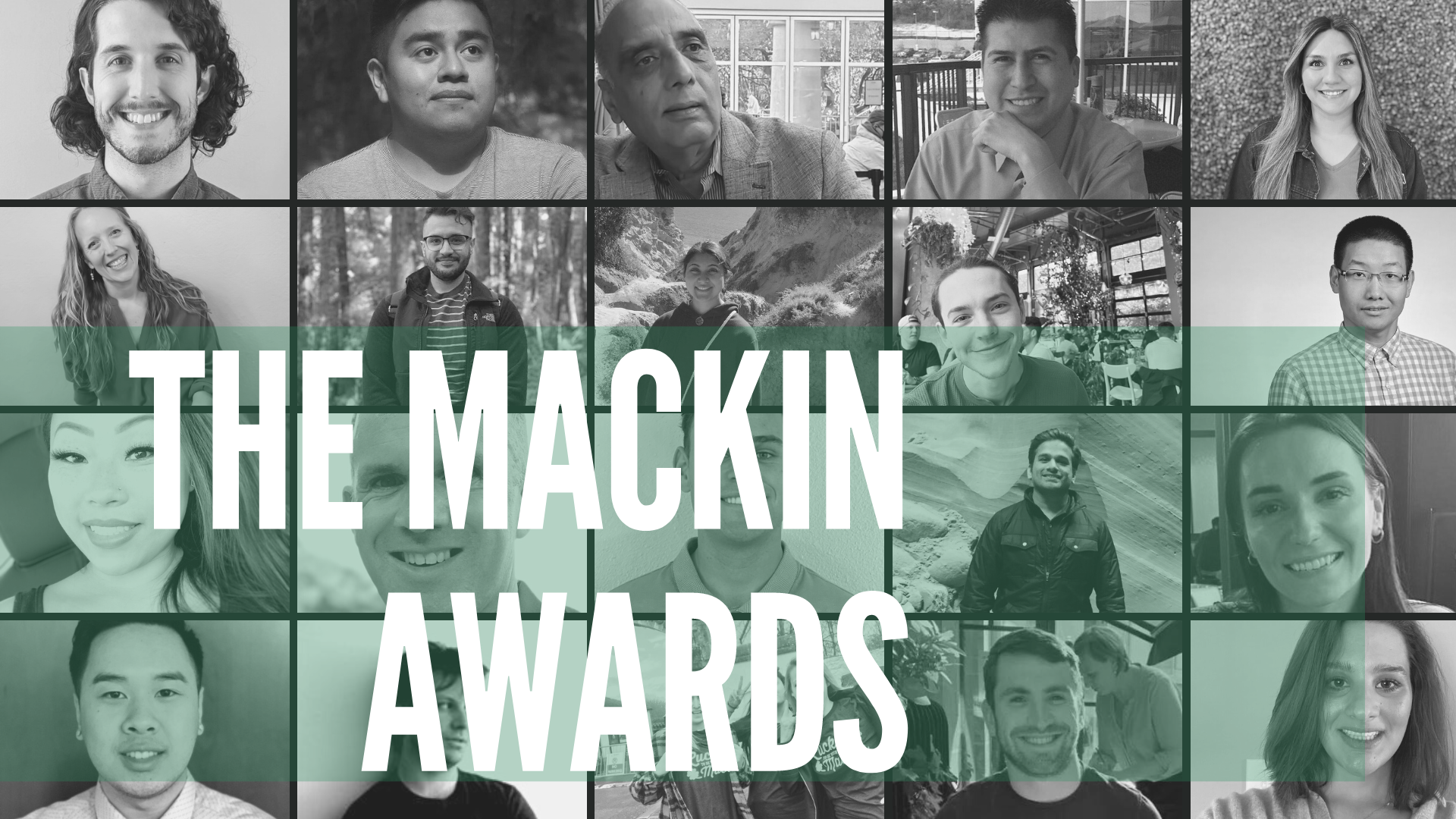2020 was a year that required us all to adapt our behaviours in the face of a global pandemic. In particular, how we work came under the spotlight; accelerating the move to remote and blended working, highlighting the importance of flexibility and testing employee wellbeing and support.
In this blog, we look back at the most notable talent management learnings from 2020 and the lasting influence they will have on the future of work.

Adaptability and Change
Change and adaptability are inextricably linked. A succession of changes, and unplanned change particularly, can trigger incidents of workplace stress and 'change fatigue'. You cannot force people to become 'adaptable' overnight, in the same way that you cannot expect people to transition at the same speed. John Kotter's 8 Steps of Change is a testament to that journey and the elements that need to be set in support of change. As organisational leaders, we can help employees through this transition by fostering a culture that embraces, supports and rewards adaptability in terms of the employees' journey and their ability to change and pivot.
Adaptability expressed on the part of employees must be matched in terms of flexibility on the side of the organisation, otherwise feelings of inequity will potentially occur within employees. Adaptability thrives in an environment where flexibility is endorsed.
Redefining Global Mobility
Prior to the pandemic, the world had become somewhat boundaryless when it came to talent movement. Companies celebrated the fact that they could recruit across the world as candidates were very often willing to relocate with the right enticements. That gave many large and successful companies the edge over smaller companies, with their ability to pluck experts from the far corners of their region. The pandemic ground this to a halt, as modes of transport and international travel froze. Global mobility, in the physical sense, became seriously curtailed.
This change put an emphasis on both local talent and remote talent. However, this swift conversion to remote work, via online means, has seen a redefining of the term ‘boundaryless’. It has levelled the previous playing field where only the wealthier companies had the financial pulling-power to engage employees, from further afield.
The pandemic has taught us that remote work is a highly viable factor of working life; a practice that has broadly been positive. It has enabled organizations to recognise and respect that global mobility of talent can still occur, and successfully - but through virtual and distributed means.
Focus on Employee Wellbeing
Factors affecting both physical and mental health have surfaced at higher rates than previously seen in workforces. Increased reports and incidents of physical trauma from muscular-skeletal injuries have occurred from interacting with inadequate work stations and display-screen equipment, housed in hastily-made home offices. Similarly, reports have suggested that cases of mental fatigue and stress are rising, especially where lone workers are missing their colleagues, their routine, and not managed as effectively as when they were in their physical workplace.
Undoubtedly for many, the chance to work from home was a relief, and an opportunity to take a break from their daily commute. However, over time we are hearing people mention the lethargy they are experiencing from the mandatory restrictions, and the lack of work/home boundaries. That environment coupled with the fear of contracting the virus, or losing their jobs, has plummeted many employees into spirals of anxiety and depression. In fact many of the long-term effects of this period on the mental health of employees are not yet known.
In 2020, physical surroundings, fears concerning health, fears concerning employment, blurred boundaries between home and work, along with many other concerns and pressures, are having what can only be described as significant health impacts on employees. Focusing on employee wellbeing will be a top priority for businesses in 2021.
Article by Fiona Donnelly, COO at Mackin Group. For more insights on how to effectively manage your talent in 2021, contact Fiona at: fiona@mackintalent.com





